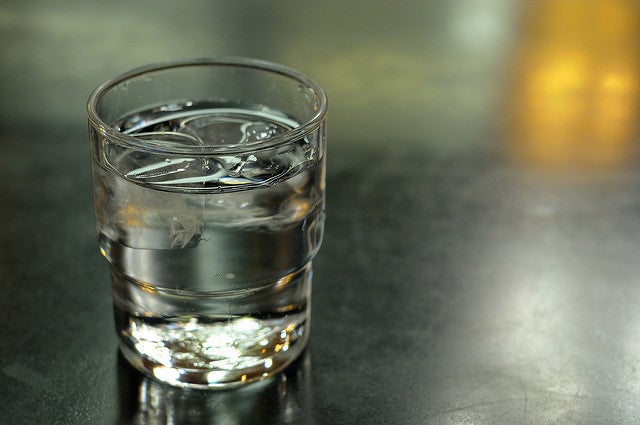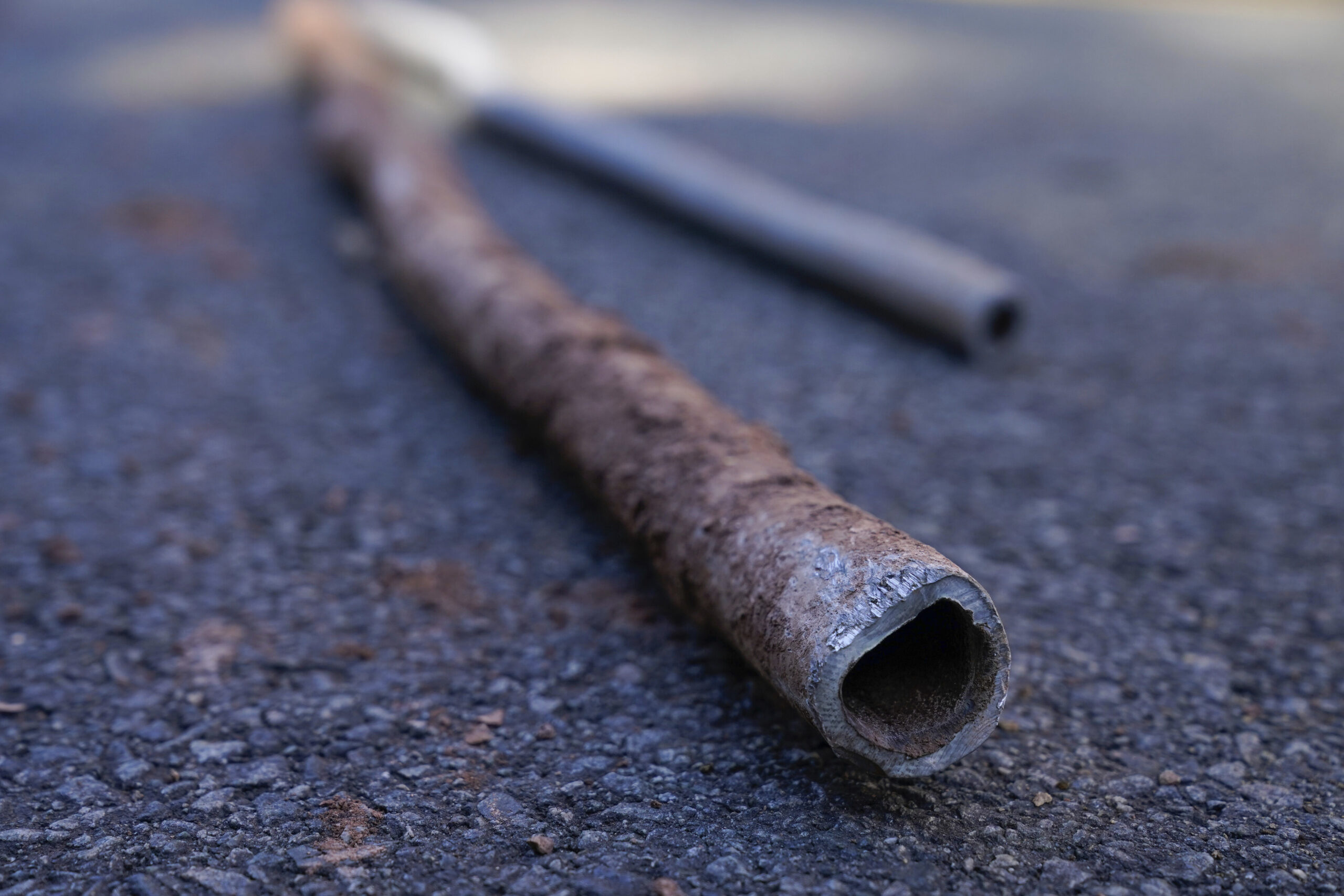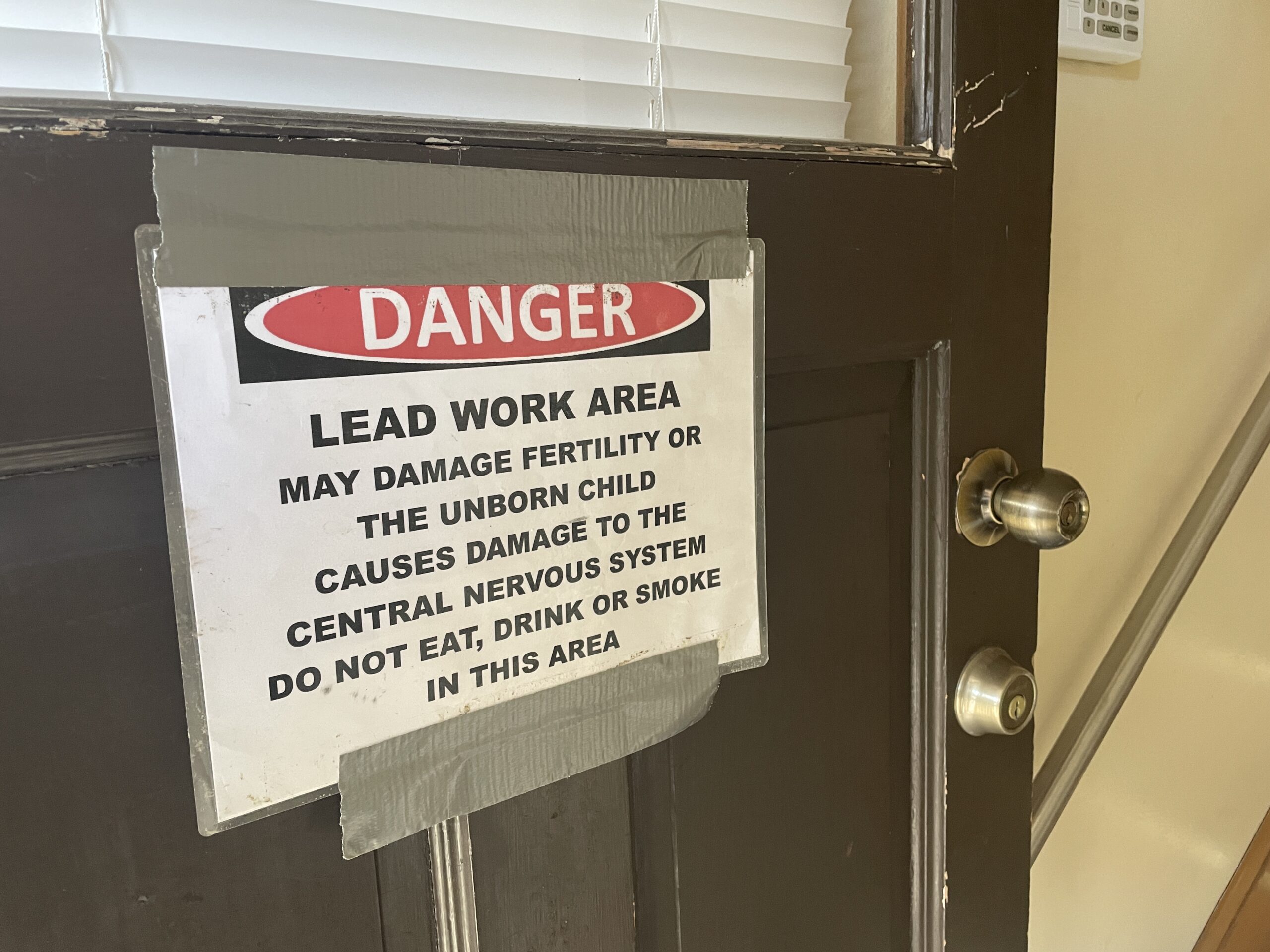In the wake of lead contamination problems in Flint, Michigan’s water supply, a Wisconsin state lawmaker is calling for stricter guidelines for testing residential water pipes in the Badger State.
State Rep. Chris Taylor, D-Madison, said her bill would lower the threshold for triggering an investigation to insure lead levels aren’t threatening children’s health. Under current law, an investigation is required if a blood test finds a child under 6 years of age has 15 micrograms of lead or more per deciliter. Taylor’s measure would lower that to 5 micrograms, the new standard set by the U.S. Centers for Disease Control and Prevention.
“We require three times the poisoning of children before there’s a requirement that the environment be looked at by (state Department of Health Services). I mean that’s serious, serious lead contamination,” said Taylor.
News with a little more humanity
WPR’s “Wisconsin Today” newsletter keeps you connected to the state you love without feeling overwhelmed. No paywall. No agenda. No corporate filter.
Taylor said she decided to draft the bill after reading a report on lead in Wisconsin drinking water published last month by the Wisconsin Center for Investigative Journalism. The report cites a 2014 study that found almost 4,000 Wisconsin children with lead levels of 5 micrograms or more.
Taylor said she expects the additional testing to cost $500,000. Currently, the blood tests triggering an investigation require testing for lead in the air or dust or soil that may have come from lead paint. This bill would add a requirement to test the water and the water pipes in the house where the child lives.
Gov. Scott Walker has asked the Legislature to cap additional spending this year at $20 million. That means there might be opposition to spending another $500,000 for additional lead testing. But Taylor said protecting the health of children should be a bipartisan priority. She said the lead poisoning levels found in the 2014 study affect children in both Democratic and Republican districts.
Correction: An earlier version of this story identified the media outlet behind a report on lead contamination as the Wisconsin Center for Investigative Reporting. The outlet is actually the Wisconsin Center for Investigative Journalism.
Wisconsin Public Radio, © Copyright 2026, Board of Regents of the University of Wisconsin System and Wisconsin Educational Communications Board.





